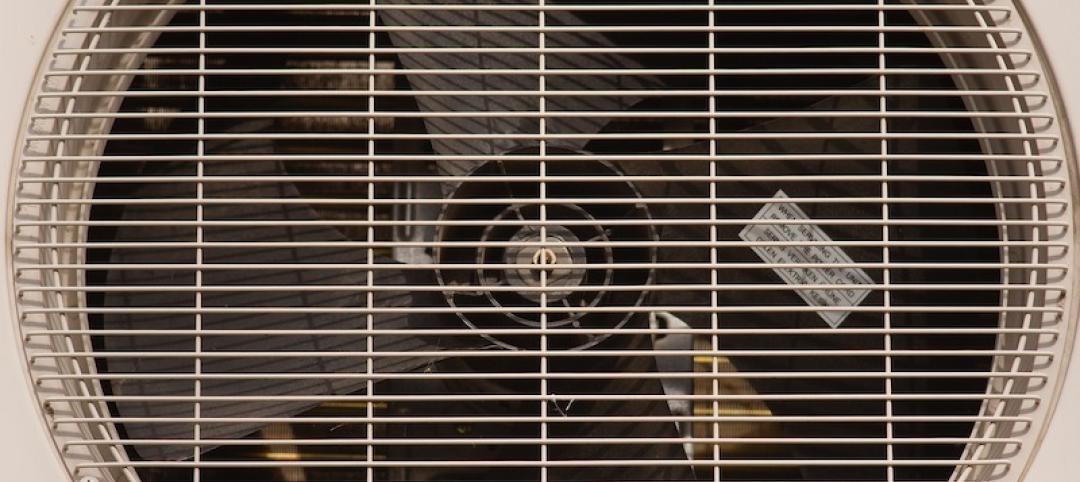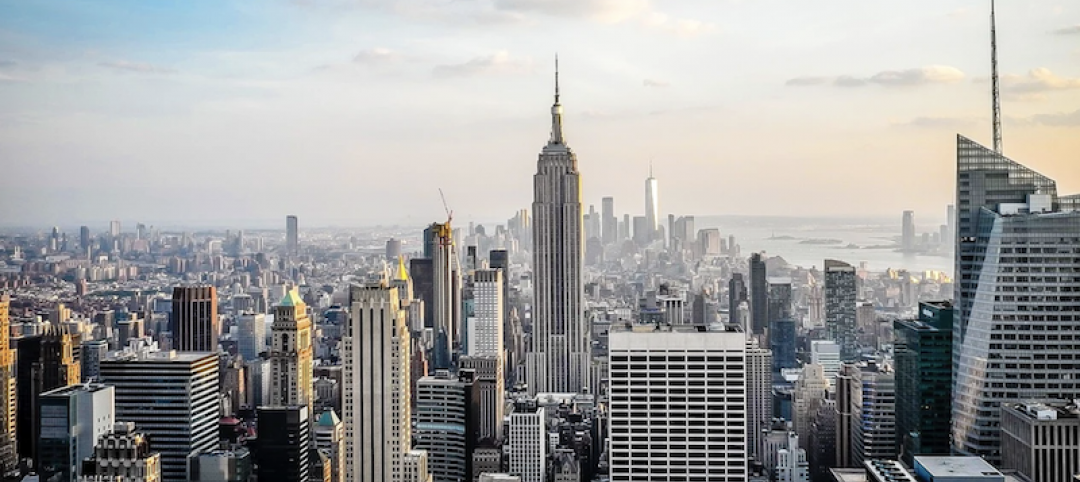Earlier this year, New York City's Department of Buildings began auditing thousands of architectural plans for new and renovated office and residential buildings. Nine of every 10 have failed to meet the energy code, a 30-year-old set of standards.
The compliance enforcement effort began under Mayor Michael Bloomberg last year, when he assigned auditors to pore over 212 randomly selected building plans. This year, auditors have examined more than 1,200 applications.
The standards are only now being enforced in earnest. In some cases, the Department of Buildings has stopped nonconforming projects. “We're very serious about this, and are trying to educate the industry on what is required,” said Gina Bocra, chief sustainability officer at the Department of Buildings, which set up a permanent audit unit this year. “Buildings are the largest source of energy consumption in our city, and how we conserve energy is key to making progress on reducing greenhouse-gas emissions.”
Some are complaining about the potential costs of compliance and potential to lengthen construction schedules. Planned additions to the building code over the next year are boosting concerns. “The energy code can be an effective way to increase efficiency if it remains flexible, but the more mandatory and prescriptive any code is, the more difficult it is to build a building that complies — particularly in New York City,” said Angela Pinsky, a senior vice president of management services and government affairs with the Real Estate Board of New York.
(http://www.businessinsurance.com/article/20140818/NEWS07/140819859?tags=|338|69|310|80|303)
Related Stories
Codes and Standards | Aug 11, 2020
Inefficient air conditioning is a key contributor to global warming
More efficient equipment and buildings could make a big difference.
Codes and Standards | Aug 10, 2020
Concrete Institute and Post-Tensioning Institutes expand partnership
Will collaborate on new structural post-tensioned concrete code requirements.
Codes and Standards | Aug 6, 2020
SpeedCore demonstrates excellent fire resistance without additional fire-protective coatings
New York City approves metal-concrete product for all five boroughs.
Codes and Standards | Aug 5, 2020
Designing, redeveloping communities for zero energy needed to address climate change
District heating and cooling systems boost efficiency.
Codes and Standards | Aug 4, 2020
Virginia is the first state to adopt COVID-19 worker safety rules
Include social distancing requirements, notifications when co-worker tests positive, timelines to return to work after recovery.
Codes and Standards | Aug 3, 2020
Report aids local governments on policy options, pathways to electrify new buildings
Document focuses on switching appliances and equipment away from natural gas, propane.
Codes and Standards | Jul 30, 2020
Institute for Market Transformation acquires Energy-Efficient Codes Coalition
Goal is to achieve net-zero construction by 2050.
Codes and Standards | Jul 29, 2020
Crackdowns grow on construction firms that fail to follow COVID-19 guidelines
States, cities, and OSHA enforce social distancing, hand-washing regulations.
Codes and Standards | Jul 28, 2020
California utility adopts climate emergency declaration
Sacramento-region company commits to working towards carbon neutrality by 2030.
Codes and Standards | Jul 27, 2020
Updated Energy Plus and OpenStudio building energy modeling tools released
Software offers performance enhancements.

















